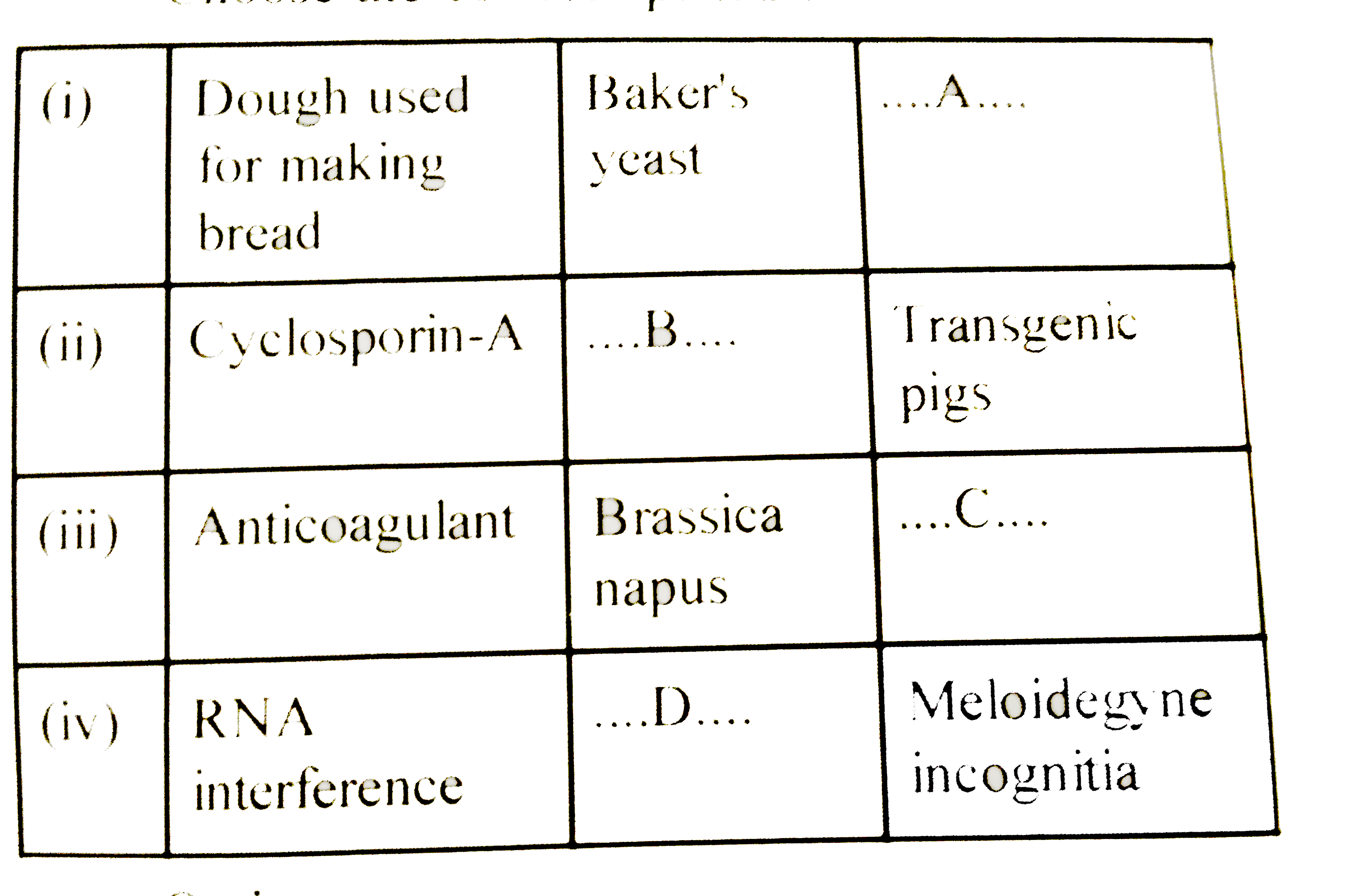Juxtaglomerular cells secrete -a- when there is fall in-b-ion concentration. Choose the correct option
A
a-renin, b-chloride
B
a-carbonic anhydrase, b-sodium
C
a-ATPase, b-potassium
D
a-renin, b-sodium
Video Solution
Text Solution
The correct Answer is:D
|
Answer
Step by step video, text & image solution for Juxtaglomerular cells secrete -a- when there is fall in-b-ion concentration. Choose the correct option by Biology experts to help you in doubts & scoring excellent marks in Class 12 exams.
Updated on:21/07/2023
Topper's Solved these Questions
- BOOK - DINESH PUBLICATIONCHAPTER - EXCRETORY PRODUCTS AND THEIR ELIMINATIONEXERCISE - Check your graps10videos
EXCRETORY PRODUCTS AND THEIR ELIMINATION
- BOOK - DINESH PUBLICATIONCHAPTER - EXCRETORY PRODUCTS AND THEIR ELIMINATIONEXERCISE - Check your graps10videos
EXCRETORY PRODUCTS AND THEIR ELIMINATION
- BOOK - DINESH PUBLICATIONCHAPTER - EVIDENCES OF EVOLUTIONEXERCISE - CHECK YOUR GRASP3videos
EVIDENCES OF EVOLUTION
- BOOK - DINESH PUBLICATIONCHAPTER - FAMILIES OF FLOWERING PLANTSEXERCISE - BRAIN TEASERS -II97videos
FAMILIES OF FLOWERING PLANTS
Similar Questions
Knowledge Check
- Question 1 - Select One
Choose the correct options
ABy gamma radiations atomic number is not changedBBy gamma radiations mass number is not changedCBy the emission of one α and two β particles isotopes are producedDBy the emission of one α and four β particles isobars are produced - Question 2 - Select One
Choose the correct options
ACell division helps group of cells to undergo certain modification to form specialised organs.BCell differentiation helps in increasing the number of cells.CIn viviparous animals, development of zygote takes place inside the body.DAll of the above. - Question 3 - Select One or More
Choose the correct options:
AFavourable conditions for formation of graphite are high pressure and low temperature from equilibrium diamond (d=3.5g/ml)⇔ graphite (d=2.3g/ml),Δ=−1.9kJ/moleBFor reaction N2O4(g)⇔2NO,(g), degree of dissociation (α) is √K4P+KP where P is equilibrium pressure.CFor reaction CI2(g)+3F2(g)⇔2CIF3(g),ΔH=−329kJ ,dissociation of CIF3(g) will be favoured by additon of inert gas at constant pressure.DReaction stops at equilibrium (microscopically).


